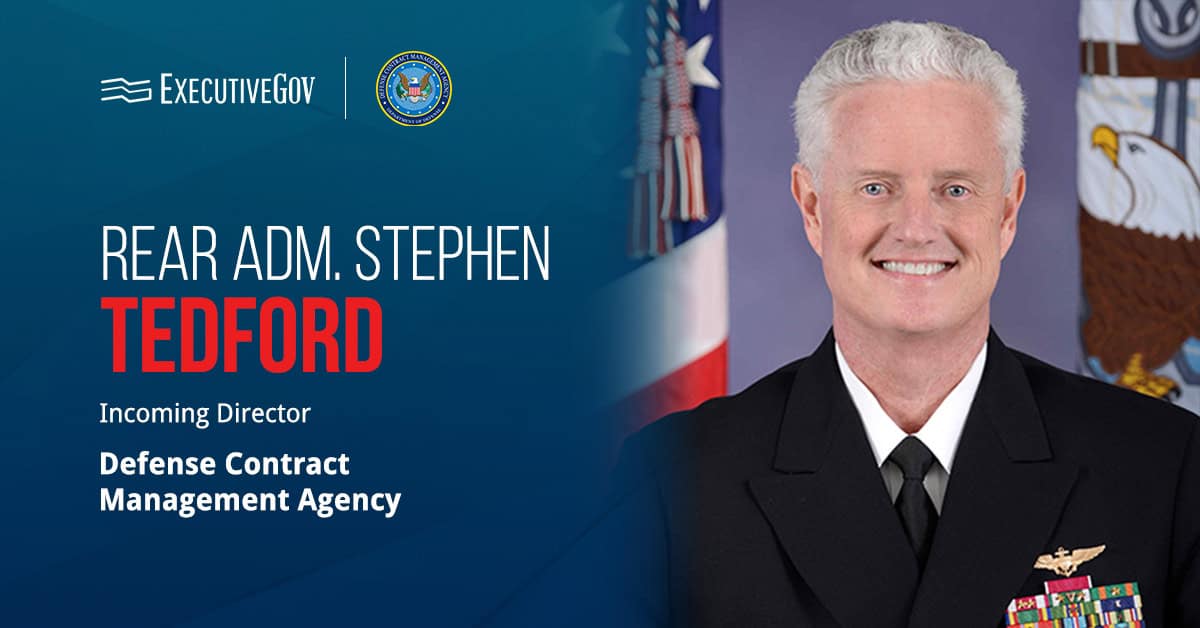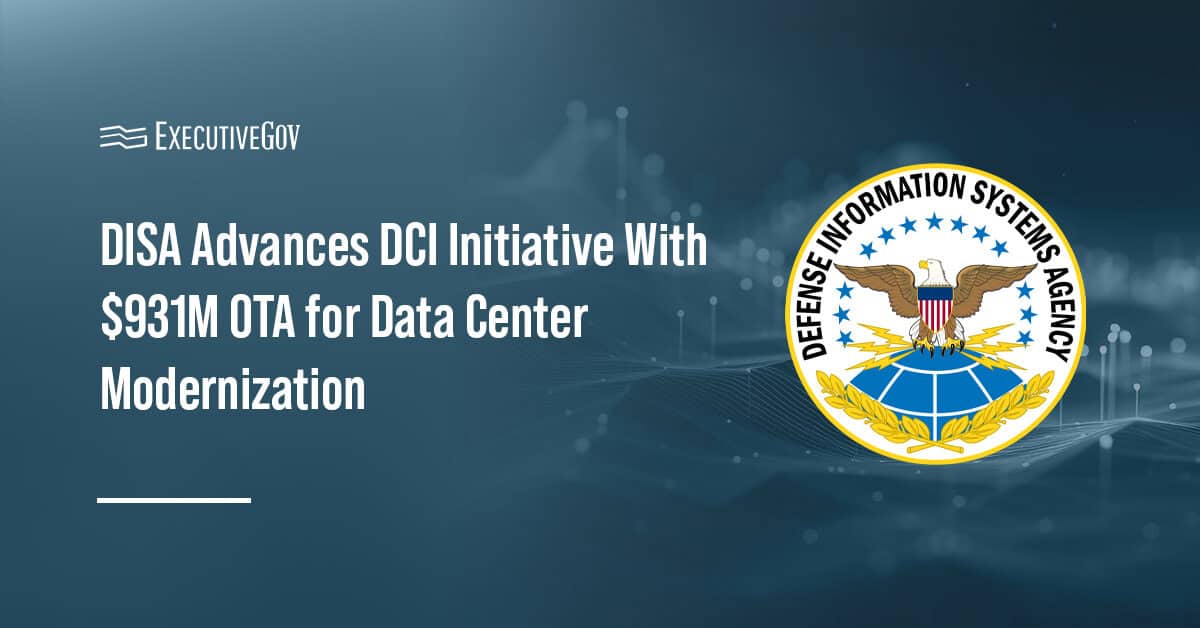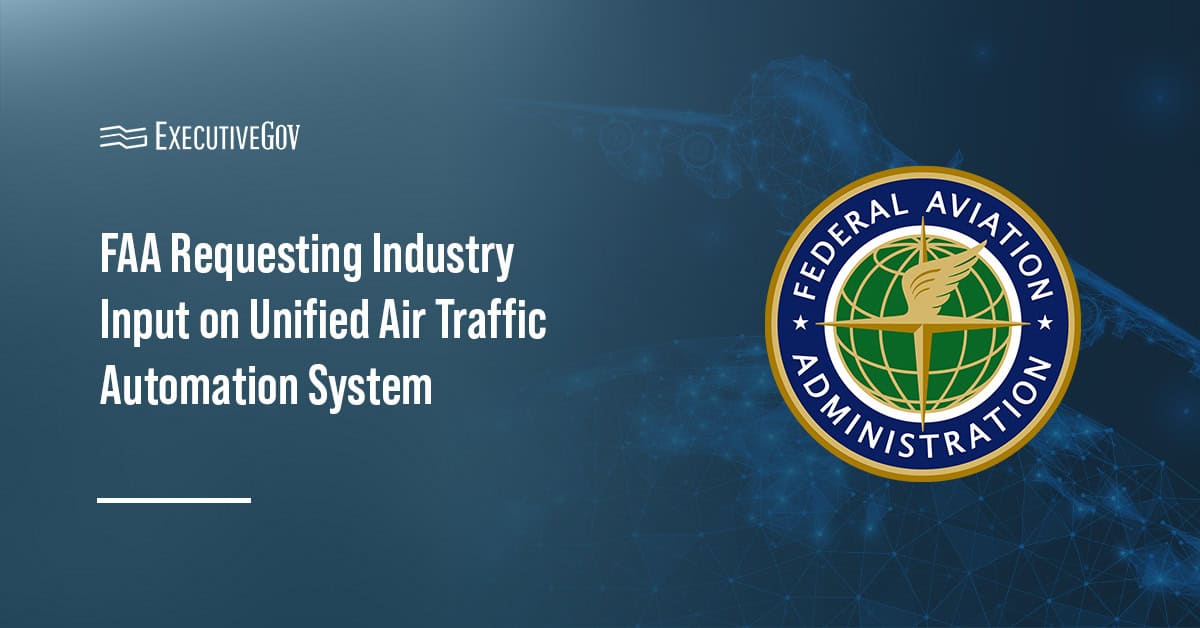Austal USA has handed over to the U.S. Navy an Independence-class littoral combat ship built to operate in near-shore environments.
The future USS Oakland (LCS 24) is the third Navy vessel to bear the name of its namesake city in California, the service branch said Friday.
Christened in 2019, Oakland is equipped with sensor systems and can hold various vehicles and modular weapons. The Navy is slated to commission the vessel in 2021.
The ship’s delivery marks the third LCS delivery to the Navy in 2020 brings the total number of the military service’s ship inventory to 300.
Austal USA is currently assembling USS Canberra (LCS 30), USS Mobile (LCS 26), USS Santa Barbara (LCS 32) and USS Savannah (LCS 28).





